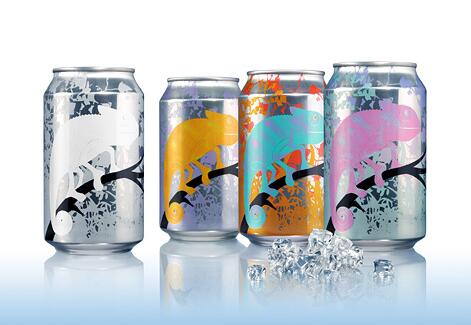
Canned food and beverages have become a staple in our modern lifestyles, providing convenience and preserving the freshness of various products. However, when it comes to the materials used for canning, two common options are tin and aluminum. In this blog post, we dive into the differences between tin and aluminum cans, exploring their unique properties and applications.
Material Composition:
Tin cans, also known as tinplate cans, are typically made from steel coated with a thin layer of tin. On the other hand, aluminum cans are crafted entirely from aluminum, a lightweight and highly versatile metal. The composition of the materials used in each can plays a significant role in their properties and applications.
Corrosion Resistance:
One key advantage of aluminum cans over tin cans is their superior corrosion resistance. Aluminum is inherently corrosion-resistant due to the formation of a thin layer of oxide on its surface, protecting it from environmental factors. In contrast, tin cans are more prone to corrosion, making them less suitable for products with higher acidity levels.
Weight and Durability:
Aluminum cans are significantly lighter compared to tin cans, making them more practical for transportation and handling. Additionally, aluminum is a robust material that offers excellent durability, ensuring the cans can withstand rough handling during distribution and storage. Tin cans, while sturdy, tend to be heavier, which can make them less efficient in terms of logistics.
Recyclability:
Both tin and aluminum cans are recyclable, contributing to the circular economy and reducing environmental impact. However, aluminum boasts higher recycling rates and is considered one of the most recycled materials globally. Aluminum cans can be recycled infinitely without losing their quality, making them a more sustainable choice for packaging.
Manufacturing Process:
The manufacturing processes for tin and aluminum cans differ due to the variations in their materials. Tin cans require a complex process involving steel production and coating. In contrast, aluminum cans can be formed more easily, as the metal itself lends to simple shaping and molding techniques. This streamlined manufacturing process contributes to the cost efficiency of aluminum cans.
Tin and aluminum cans both have their unique properties and applications in the packaging industry. Aluminum cans offer advantages in terms of corrosion resistance, weight, durability, and recyclability. They are ideal for a wide range of products, from beverages to canned foods. Tin cans, while less corrosion-resistant, still find their use in certain applications. Ultimately, the choice between tin and aluminum cans depends on factors such as product compatibility, transportation considerations, and environmental sustainability goals.